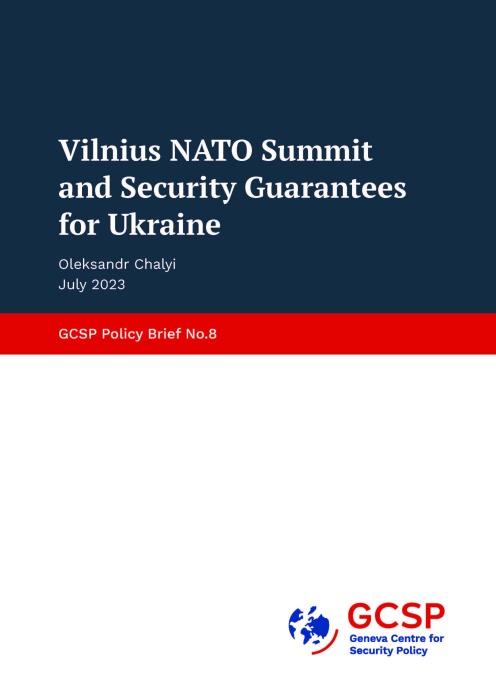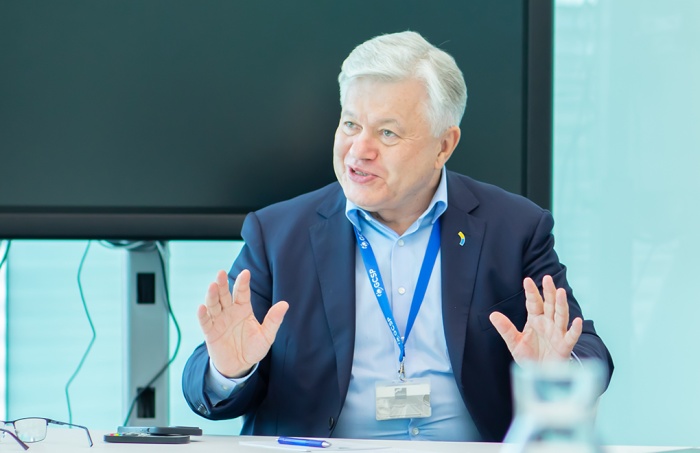Vilnius NATO Summit and Security Guarantees for Ukraine
The July NATO summit in Vilnius will undoubtedly be a momentum of truth for future relations with Ukraine. NATO will face one of the most difficult strategic dilemmas in its recent history. Namely, it will have to find an answer to the question “What threatens the security of the member states of the organization more - membership or non-membership of Ukraine in NATO?”
Today, it is obvious that a consensus among all NATO members for the adoption in Vilnius of a historic decision on Ukraine's membership in the organization has not yet been reached. However, it is also clear that the principle of strategic uncertainty regarding Ukraine's membership in NATO will also not receive consensus support at the Vilnius Summit.
At a time when the Ukrainian people, with enormous sacrifices, are successfully resisting full-scale Russian aggression while defending de facto NATO's eastern borders, most NATO members are in favour of a strategiccertainty of security relations with Ukraine.
But the key point is that Ukraine itself is no longer ready to be satisfied with the “open door policy” or the rubber formula of the 2008 NATO Bucharest summit, which do not contain a clear algorithm (MAP or NATO decision on the adoption procedure) when and under what conditions NATO will be legally obliged to accept Ukraine to the Alliance.
In this connection, President Zelensky repeatedly and firmly declares zero tolerance for any attempts during the Vilnius summit to leave Ukraine in a zone of strategic uncertainty regarding its prospects for accelerated NATO membership.
Therefore, to give a concrete and honest answer is an imperative that every NATO member must comply with at the Vilnius Summit. It should be remembered that Ukraine pays for this momentum of truth with the blood of its soldiers and civilians, defending also de facto NATO's eastern borders.
Such a response also suggests that any previous experience of Ukraine and NATO on security guarantees should be carefully studied and taken into account in the context of new geopolitical realities, so that mistakes and achievements of past periods are taken into account when making new decisions.
Disclaimer: The views, information and opinions expressed in this publication are the author’s/authors’ own and do not necessarily reflect those of the GCSP or the members of its Foundation Council. The GCSP is not responsible for the accuracy of the information.


